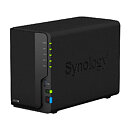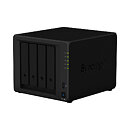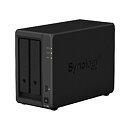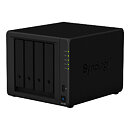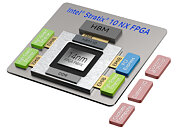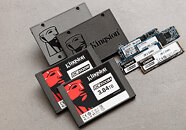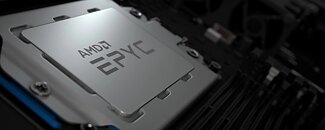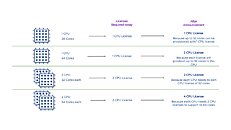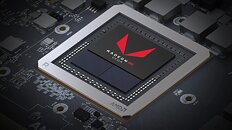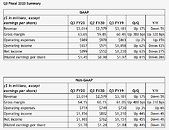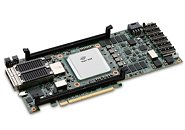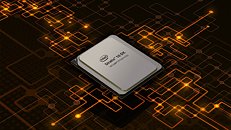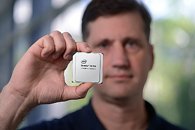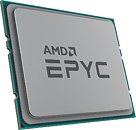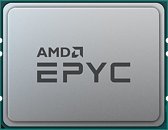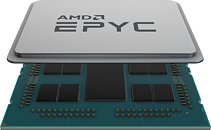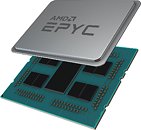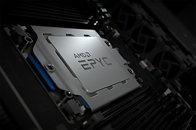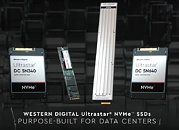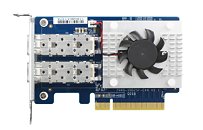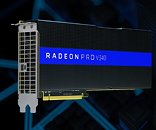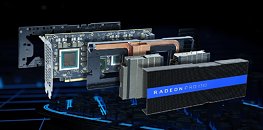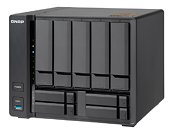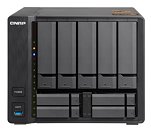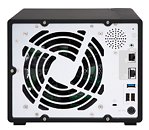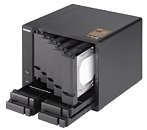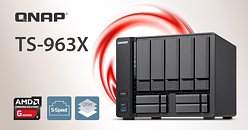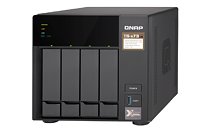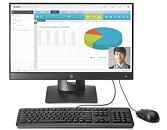
QNAP Launches TS-x53DU Series Quad-core 2.5GbE Rackmount NAS with PCIe Expansion
QNAP Systems, Inc., a leading computing, networking and storage solution innovator, today launched the TS-x53DU series NAS. Available in 4-bay, 8-bay and 12-bay models, the TS-x53DU series has two 2.5 GbE RJ45 ports to enable smoother multimedia playback and everyday usage. The TS-x53DU series also supports Snapshot backup and HBS (Hybrid Backup Sync) for local, off-site and cloud backup.
The TS-x53DU series are powered by Intel Celeron J4125 quad-core 2.0 GHz processors (burst up to 2.7 GHz) and support up to 8 GB DDR4 memory. With Intel AES-NI encryption and two 2.5 GbE RJ45 ports, the TS-x53DU provides users with fast and secure storage. The PCIe 2.0slot allows users to enhance core NAS functionality by installing a compatible PCIe card (such as a network card, a QM2 network/storage card for adding SSD caching/10 GbE connectivity).
The TS-x53DU series are powered by Intel Celeron J4125 quad-core 2.0 GHz processors (burst up to 2.7 GHz) and support up to 8 GB DDR4 memory. With Intel AES-NI encryption and two 2.5 GbE RJ45 ports, the TS-x53DU provides users with fast and secure storage. The PCIe 2.0slot allows users to enhance core NAS functionality by installing a compatible PCIe card (such as a network card, a QM2 network/storage card for adding SSD caching/10 GbE connectivity).








